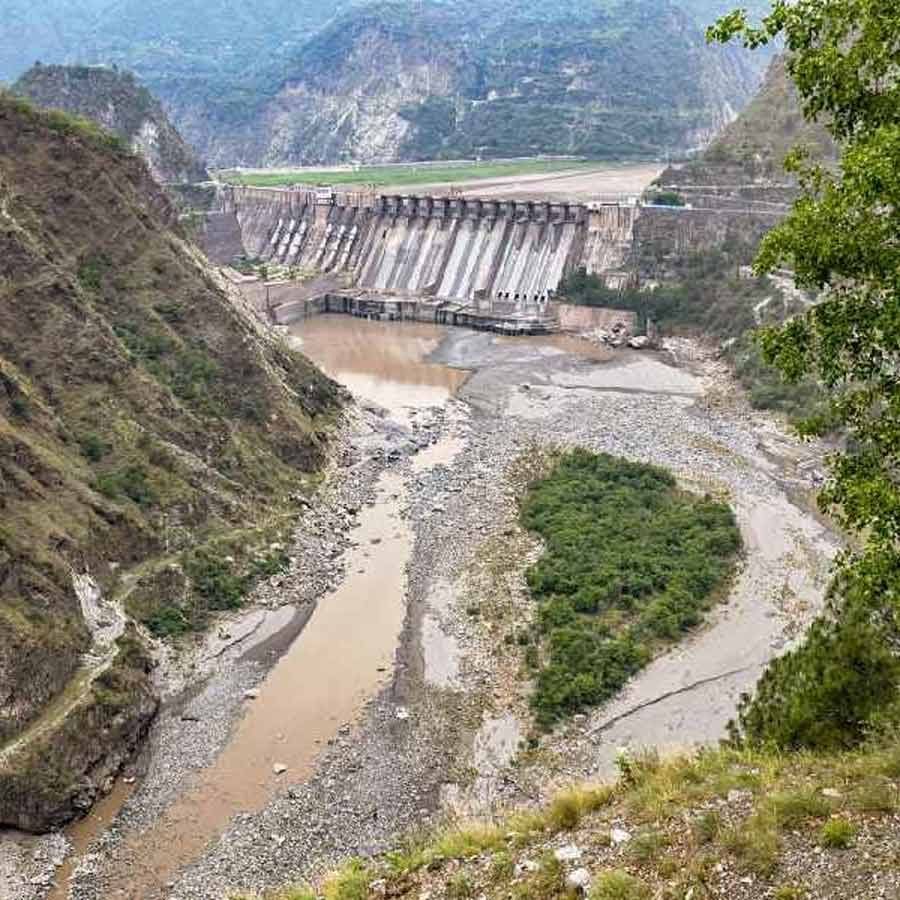
The Indus Delta — once a lifeline for millions in Pakistan — is now facing an unprecedented humanitarian and environmental disaster. Water levels in the region have plunged by a staggering 80%, forcing 1.2 million residents to abandon their homes in search of survival.
The crisis has triggered outrage in Pakistan, with Army Chief Field Marshal Asim Munir issuing a stark warning to India, threatening to destroy its dam on the Indus River with a missile strike. This comes amid accusations that upstream water control is choking the delta’s flow, crippling agriculture, fisheries, and local livelihoods.
Communities that once thrived on fertile delta land now face barren fields, saltwater intrusion, and vanishing wildlife. Relief agencies are struggling to cope with the scale of displacement, as climate stress and geopolitical tensions push the situation to a breaking point.
Analysts warn that the Indus River, shared between India and Pakistan under a fragile water treaty, could
a flashpoint for conflict if diplomatic solutions are not urgently pursued. For the people of the Indus Delta, the question is no longer about political posturing, but sheer survival.
